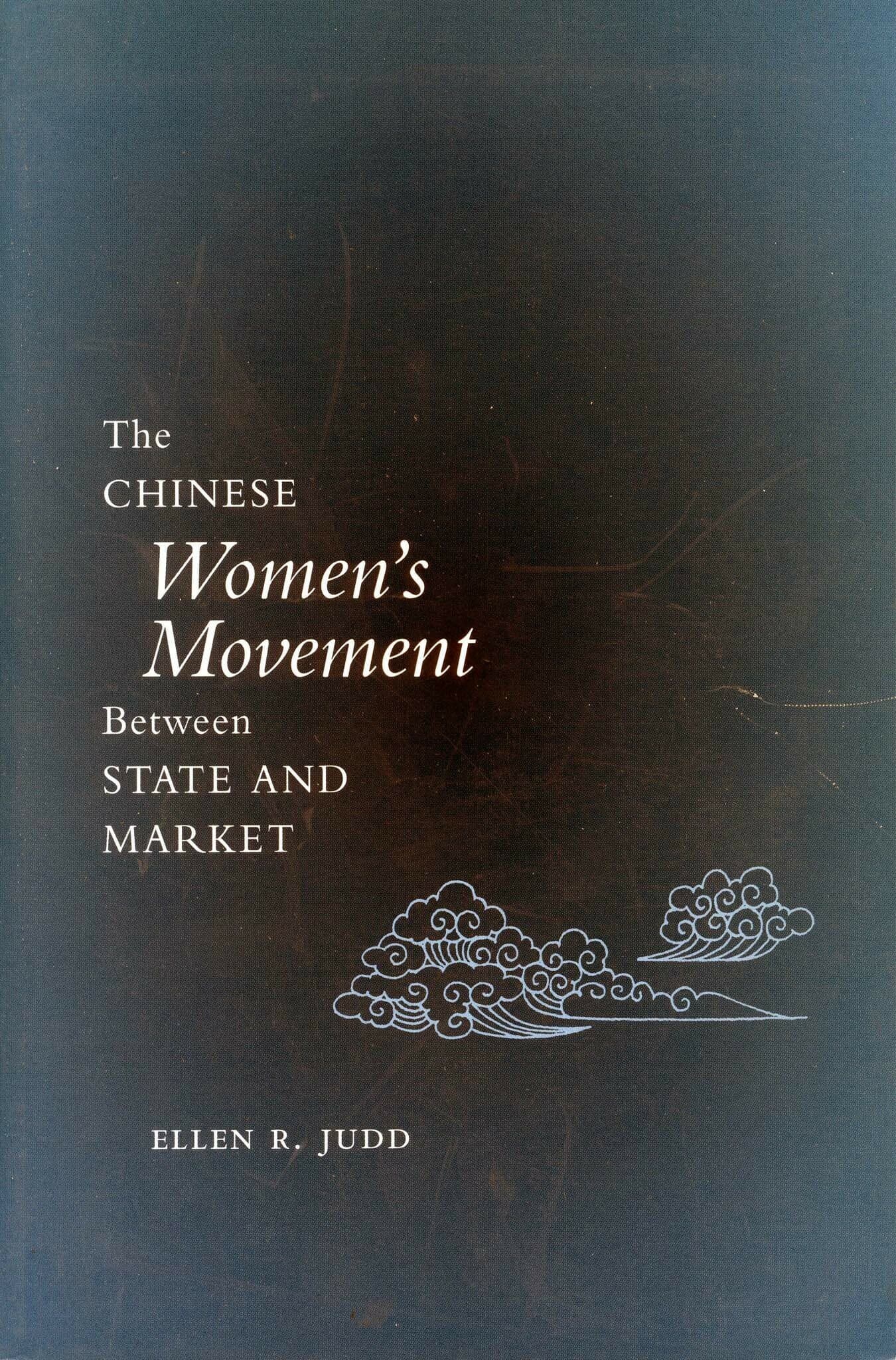Pious Peripheries
Award Winner
2022: MESA Book Awards
Winner of the 2022 Fatema Mernissi Book Award, sponsored by the Middle East Studies Association (MESA).2022: AMEA Bi-annual Book Award
Honorable Mention for the 2022 AMEA Bi-annual Book Award, sponsored by the Association for Middle East Anthropology (AMEA).2022: AMEWS Book Award
Honorable Mention for the 2022 AMEWS Book Award, sponsored by the Association for Middle East Women’s Studies.

The Taliban made piety a business of the state, and thereby intervened in the daily lives and social interactions of Afghan women. Pious Peripheries examines women's resistance through groundbreaking fieldwork at a women's shelter in Kabul, home to runaway wives, daughters, mothers, and sisters of the Taliban. Whether running to seek marriage or divorce, enduring or escaping abuse, or even accused of singing sexually explicit songs in public, "promiscuous" women challenge the status quo—and once marked as promiscuous, women have few resources. This book provides a window into the everyday struggles of Afghan women as they develop new ways to challenge historical patriarchal practices.
Sonia Ahsan-Tirmizi explores how women negotiate gendered power mechanisms, notably those of Islam and Pashtunwali. Sometimes defined as an honor code, Pashtunwali is a discursive and material practice that women embody through praying, fasting, oral and written poetry, and participation in rituals of hospitality and refuge. In taking ownership of Pashtunwali and Islamic knowledge, in both textual and oral forms, women create a new supportive community, finding friendship and solidarity in the margins of Afghan society. So doing, these women redefine the meanings of equality, honor, piety, and promiscuity in Afghanistan.
"The extraordinary achievement of Pious Peripheries lies in Sonia Ahsan-Tirmizi's astute explanation of how Afghan women exercise agency despite their subjugation to often brutal male authority. In this stunning ethnography, she skillfully shows how courageous women navigate the dynamics of piety and promiscuity to achieve seemingly inaccessible freedoms."—Michael Herzfeld, Harvard University
"Pious Peripheries offers a compelling challenge to the idea that Afghan women need 'saving.' Via a highly original and intrepid ethnography, Sonia Ahsan-Tirmizi reveals how, from the margins of Afghan society, a community of formidable women is fashioning their own distinctive claims about Islam, Pashtun identity, sexuality, and the state."—Robert D. Crews, Stanford University
"Sonia Ahsan-Tirmizi's Pious Peripheries disrupts conventional categories of piety and secularism to bring to light the immense resourcefulness of Afghan women living at society's margins. Erudite and deeply empathic, with lucid vignettes that will stick in your memory, this is a must-read for anyone interested in feminism, Islam, and the tormented history of Afghanistan."—Julie Billaud, Graduate Institute for International and Development Studies
"Boldly and poetically defying patriarchy, the runaway women of Pious Peripheries become the surprising harbingers of an emancipatory politics in war-torn Afghanistan. Immortalized by Sonia Ahsan-Tirmizi's brave and soulfully crafted ethnography, these women's nomadic existence shatters myopic notions of religious identity and expands our sense of where reworlding comes from."—João Biehl, Princeton University
"For practicing traditionally male-ascribed roles of hospitality, refuge, guest hosting, justice, friendship, love, and courage, Ahsan describes the women (through the Pashto poetic tradition of landay) as using their agentive action to reimagine what is legitimate and authorized and what could be. Most important, these women demonstrate that promiscuity is not the opposite of piety or morality but the potential basis for constructing new and different worlds for women. Recommended."—B. Tavakolian, CHOICE
"Pious Peripheries is the model of engaged scholarship based on ethnographic research among marginalized groups... The diverse experiences of these runaway women reveal the confluence of concerns about subtle feminist and religious expressions and their yearning to reinvent a new sense of belonging inside the shelter system."—Joseph Tse-Hei Lee, Acta Via Serica
"Pious Peripheries: Runaway Women in Post-Taliban Afghanistan is a compelling and poignant exploration of the lives of Afghan women during the 20 years of direct US and Western intervention in Afghanistan. Sonia Ahsan-Tirmizi's study offers a unique perspective on the struggles, resilience, and most importantly the agency of Afghan women as they navigate a society in transition."—Orzala Nemat, Pacific Affairs




